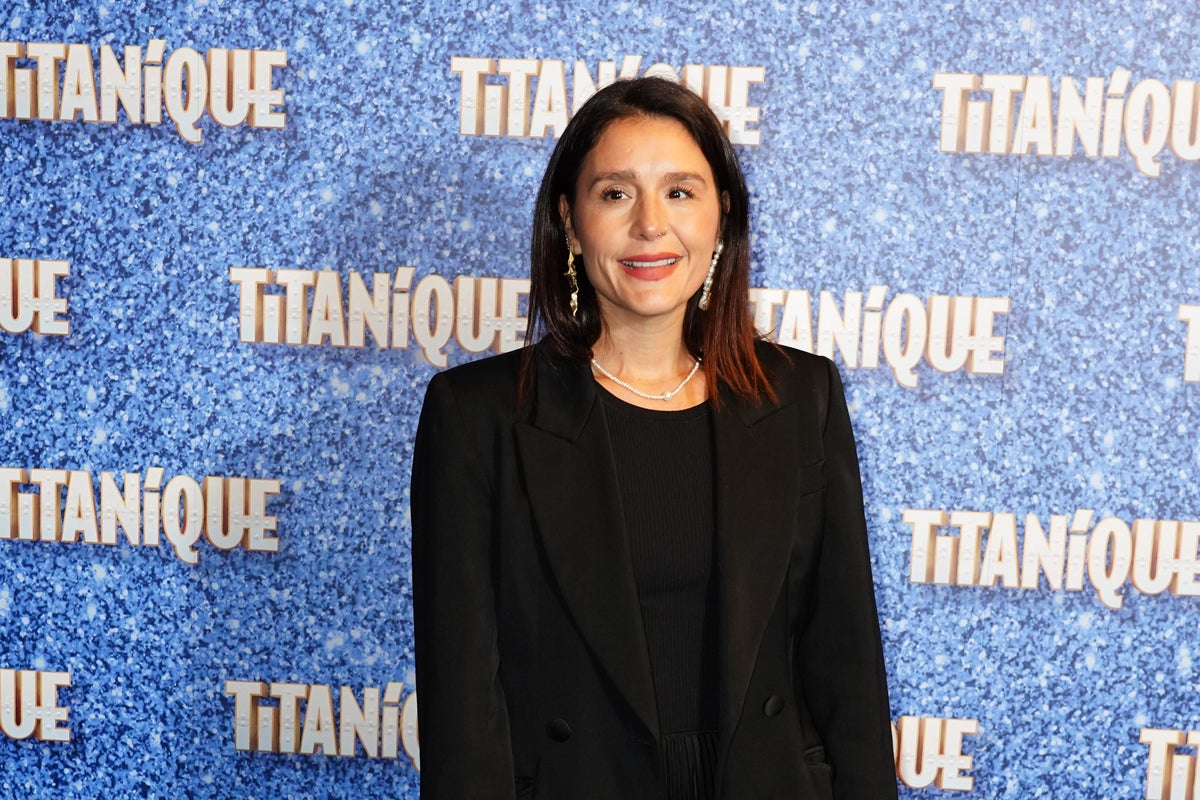Stars Speak Out: Jessie Ware, Annie Mac Lead Powerful Call for LGBTQ+ Parental Support

In a powerful stand against discrimination, several prominent figures have rallied behind a groundbreaking resource designed to challenge and combat homophobic language. The new guide, developed by the LGBTQ+ charity Just Like Us, aims to educate and empower individuals to create more inclusive and respectful communication environments.
This innovative initiative seeks to address harmful language patterns that can marginalize and hurt LGBTQ+ individuals, providing practical strategies for recognizing and eliminating discriminatory speech. By promoting understanding and empathy, the guide represents a crucial step towards building a more accepting and supportive society.
Supporters argue that words have immense power to either divide or unite, and this resource offers a constructive pathway for people to communicate more thoughtfully and compassionately. The guide not only highlights the impact of harmful language but also provides positive alternatives that foster mutual respect and understanding.
Just Like Us continues to be at the forefront of creating meaningful social change, demonstrating that education and awareness are key tools in combating prejudice and promoting equality for all.
